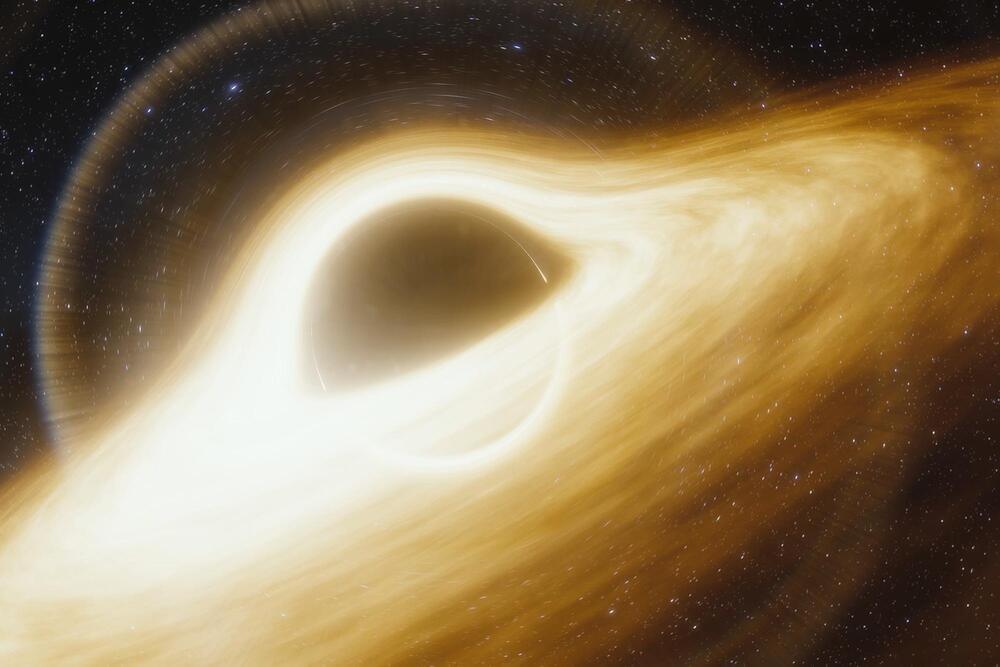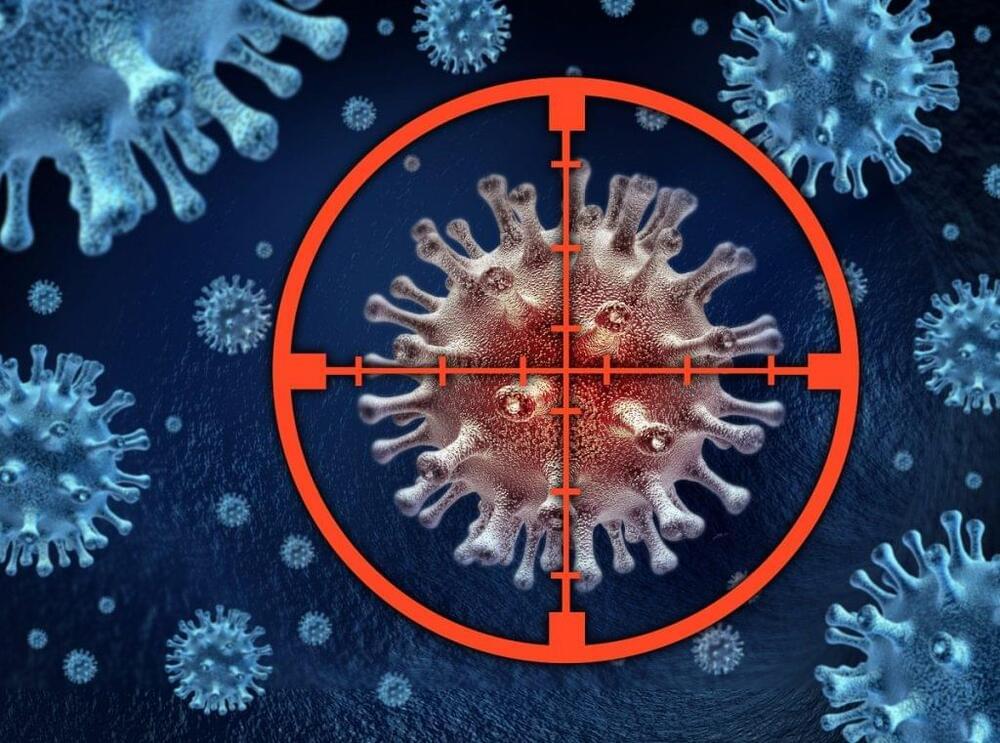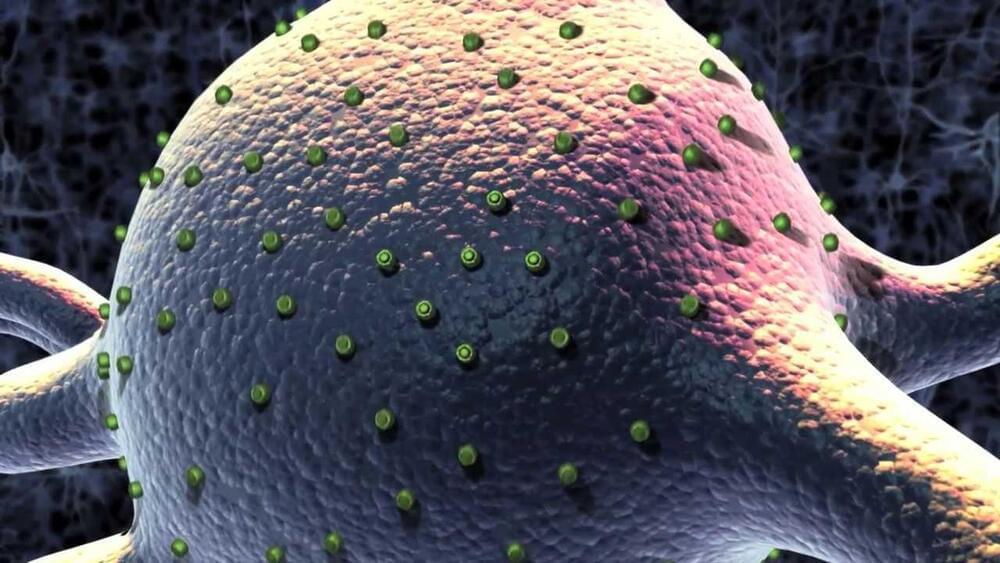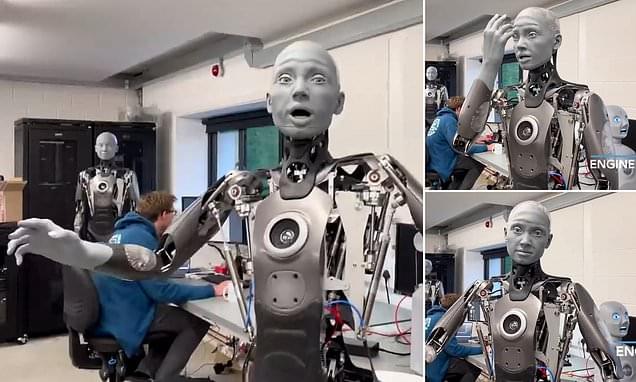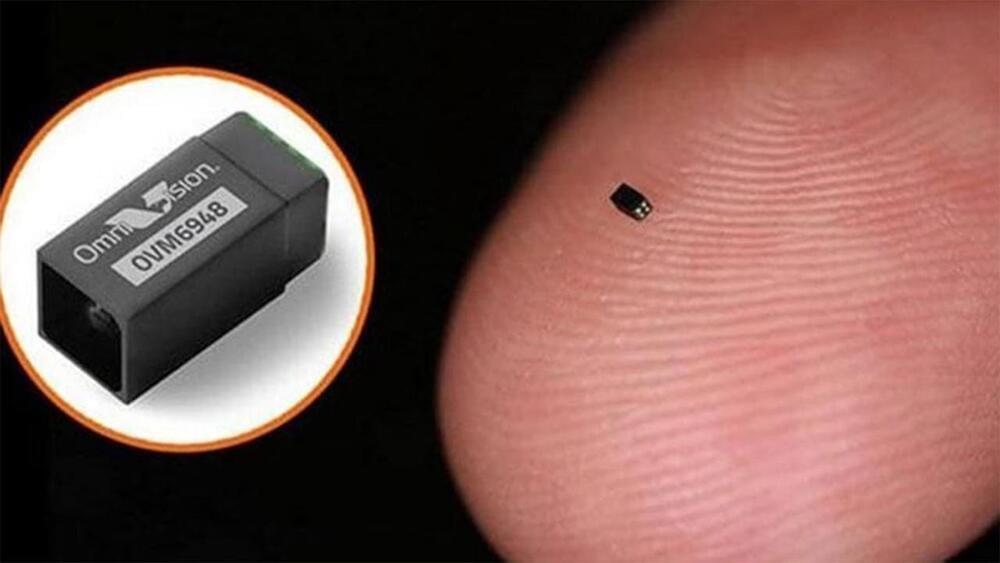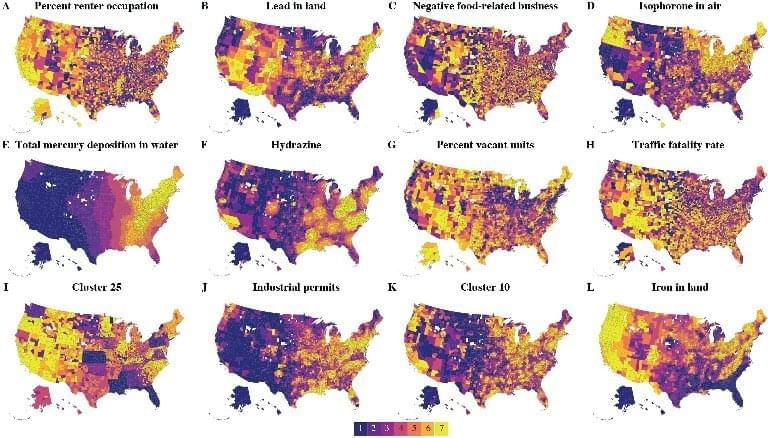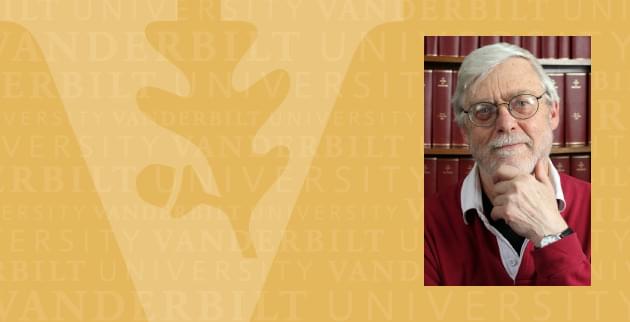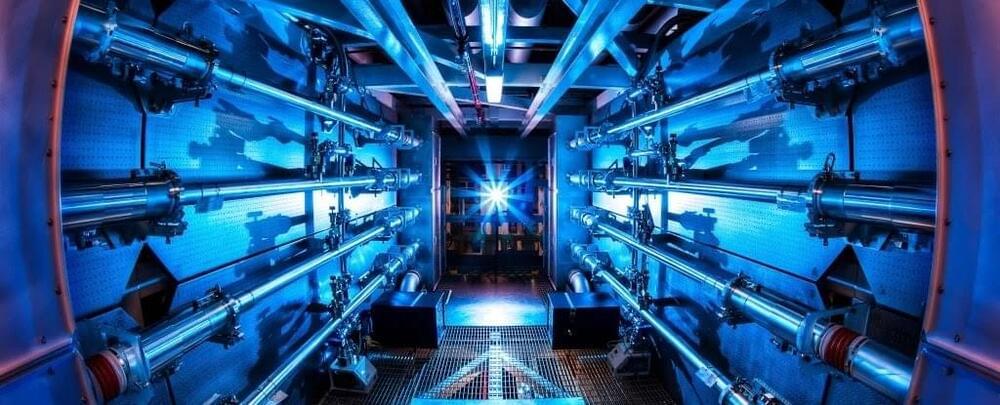Dec 3, 2021
Strangely Massive Black Hole Discovered in Milky Way Satellite Galaxy
Posted by Quinn Sena in categories: computing, cosmology
Astronomers at The University of Texas at Austin’s McDonald Observatory have discovered an unusually massive black hole at the heart of one of the Milky Way ’s dwarf satellite galaxies, called Leo I. Almost as massive as the black hole in our own galaxy, the finding could redefine our understanding of how all galaxies — the building blocks of the universe — evolve. The work is published in a recent issue of The Astrophysical Journal.
The team decided to study Leo I because of its peculiarity. Unlike most dwarf galaxies orbiting the Milky Way, Leo I does not contain much dark matter. Researchers measured Leo I’s dark matter profile — that is, how the density of dark matter changes from the outer edges of the galaxy all the way into its center. They did this by measuring its gravitational pull on the stars: The faster the stars are moving, the more matter there is enclosed in their orbits. In particular, the team wanted to know whether dark matter density increases toward the galaxy’s center. They also wanted to know whether their profile measurement would match previous ones made using older telescope data combined with computer models.
